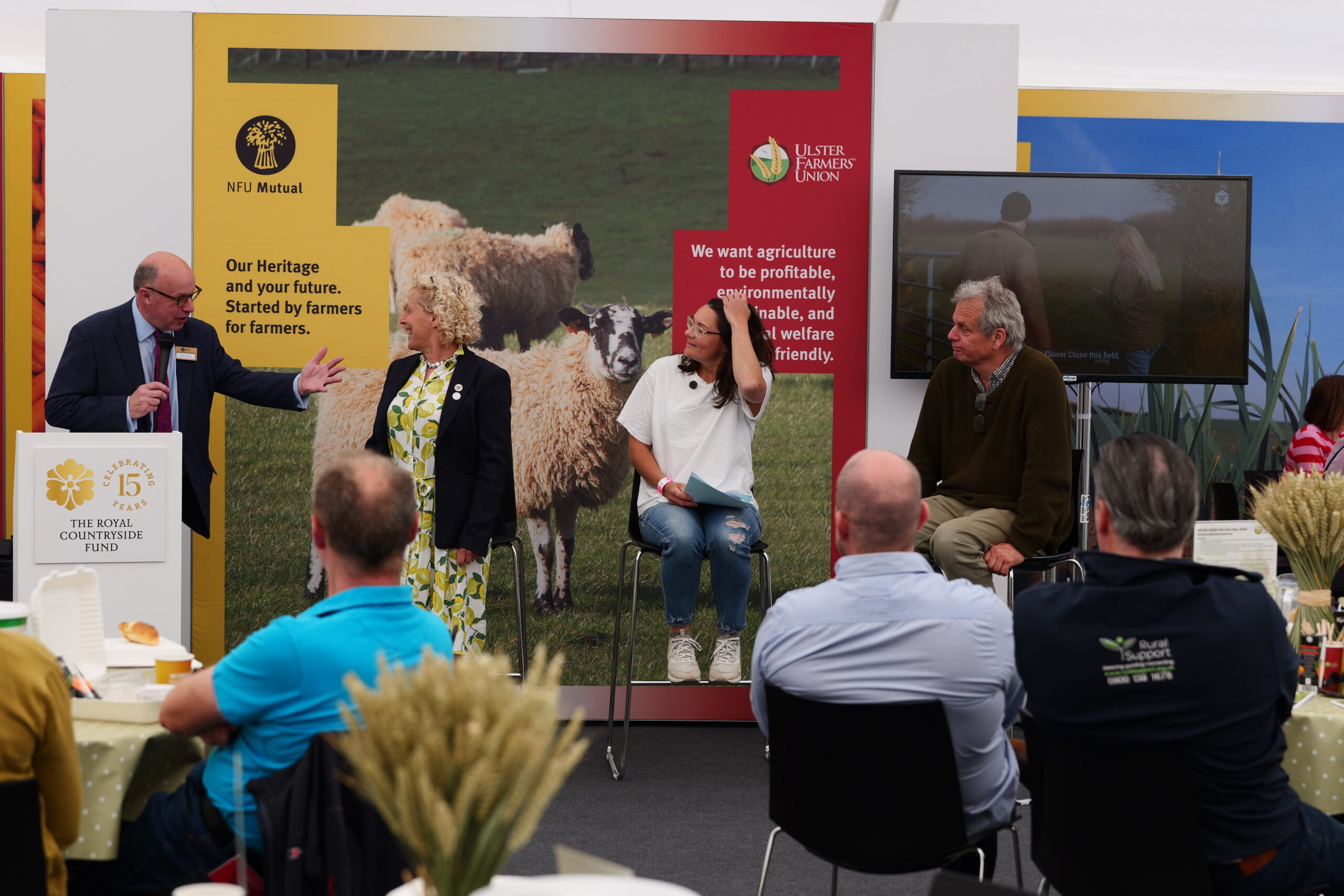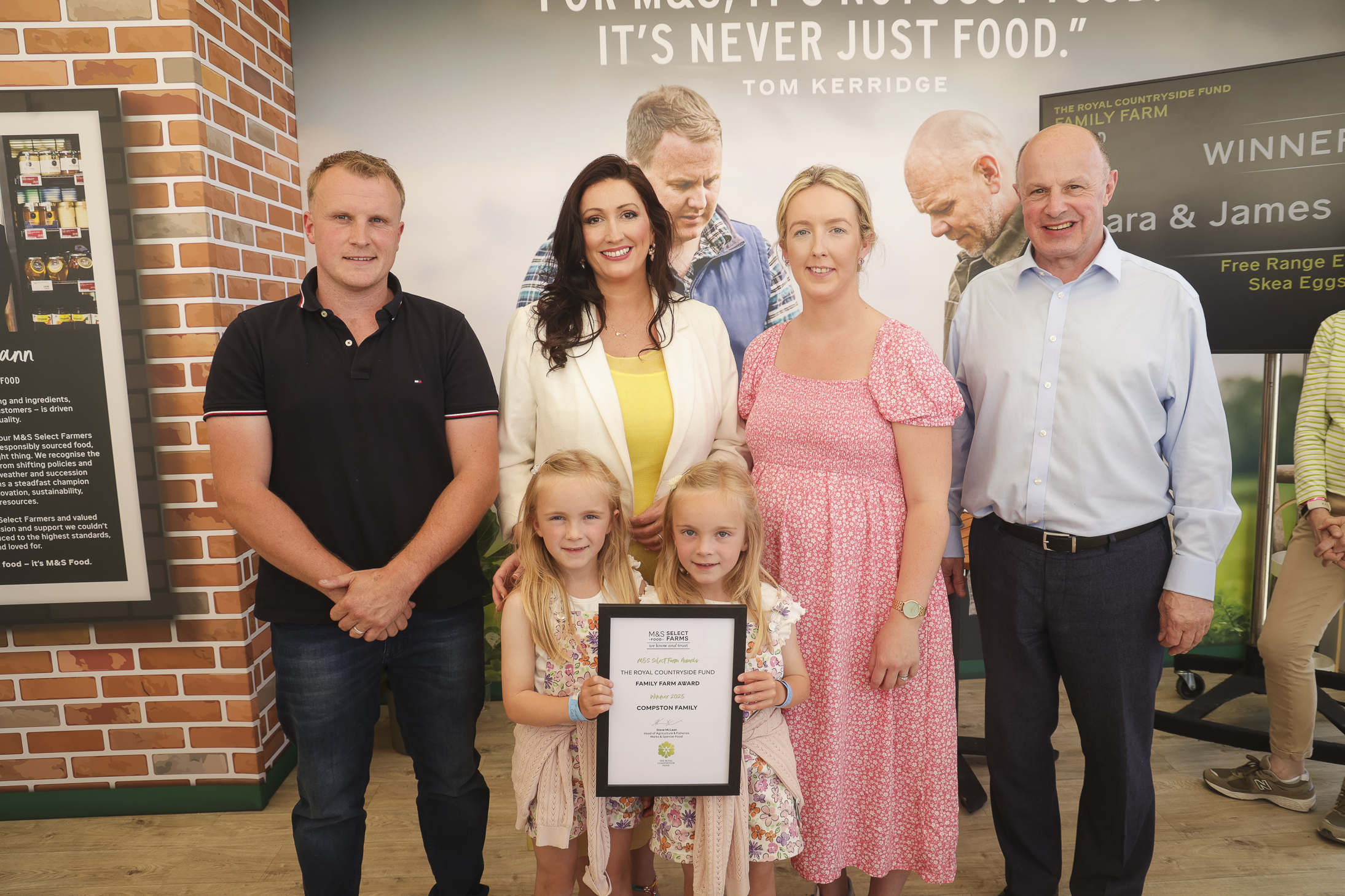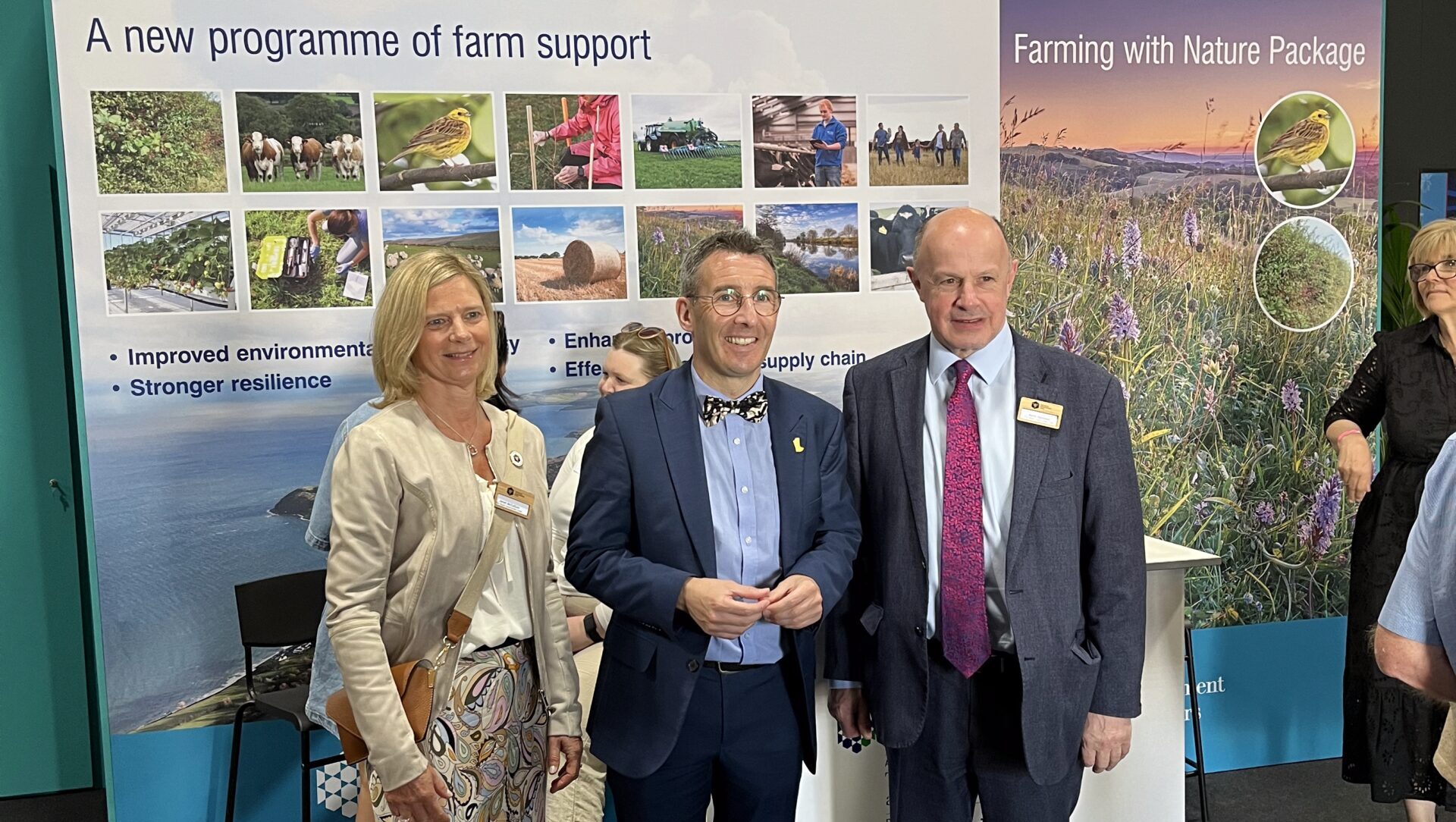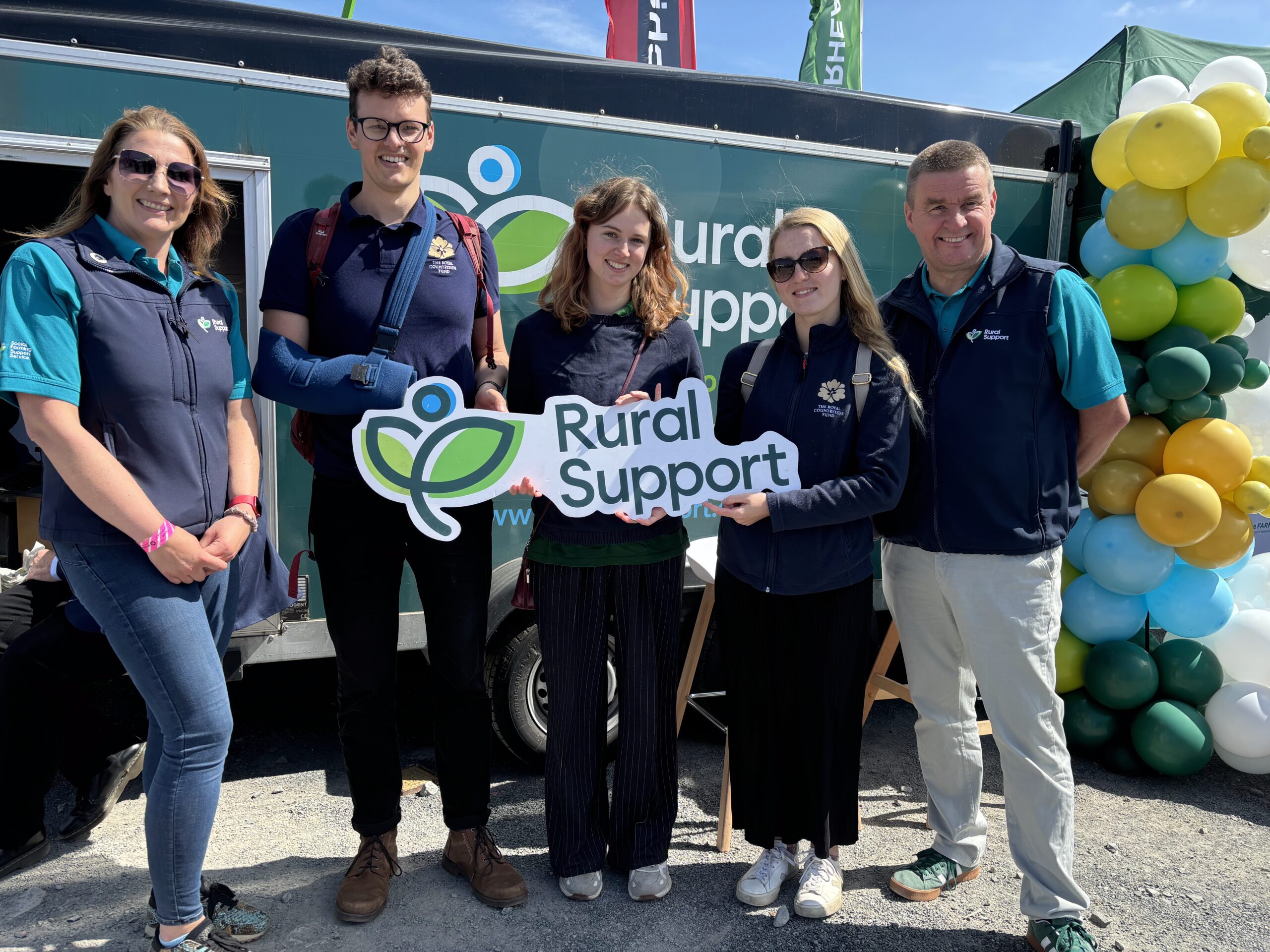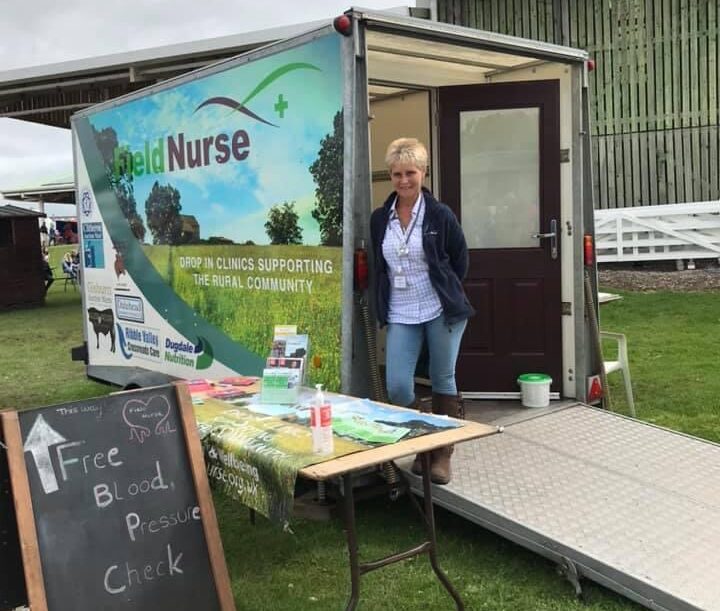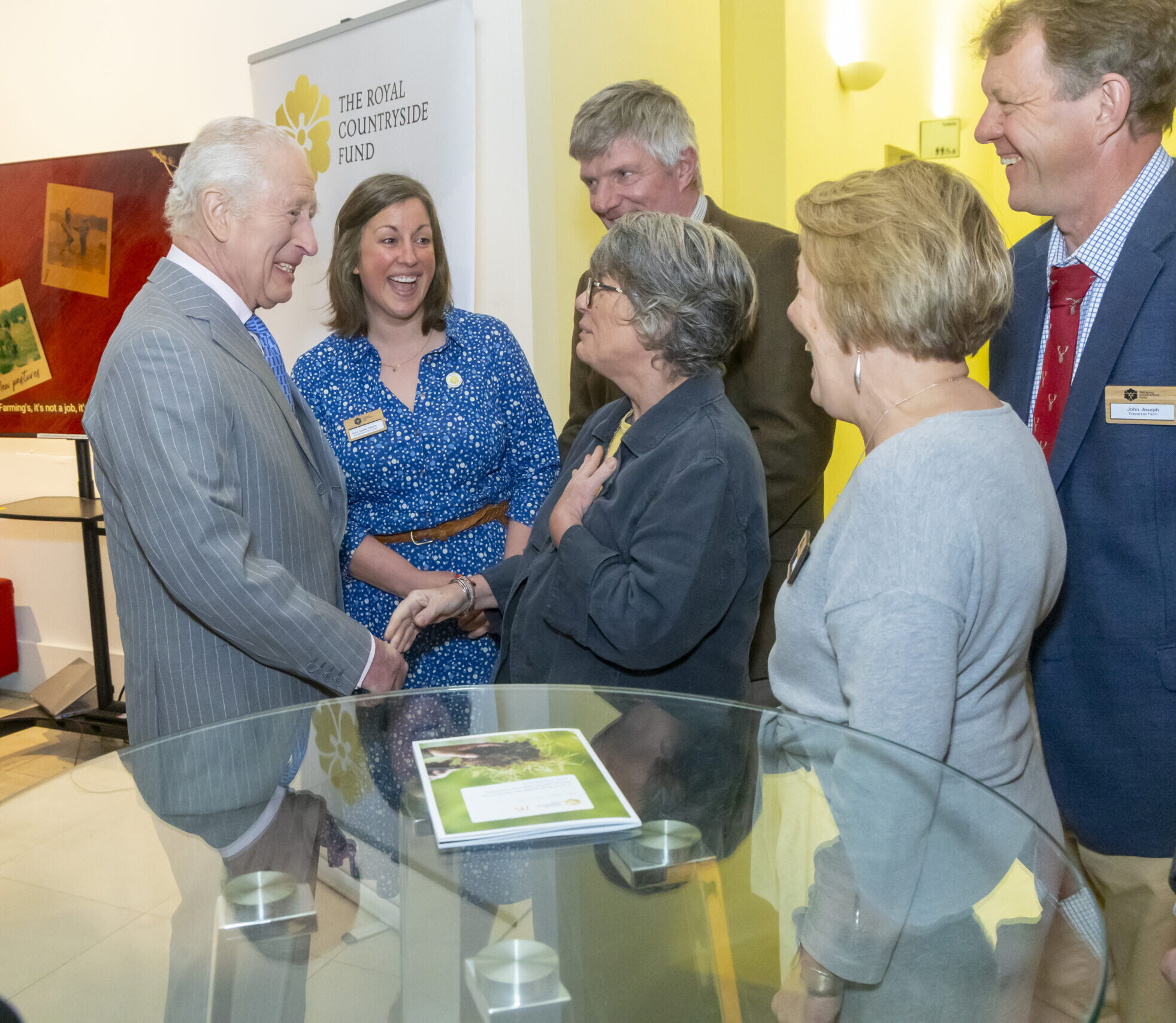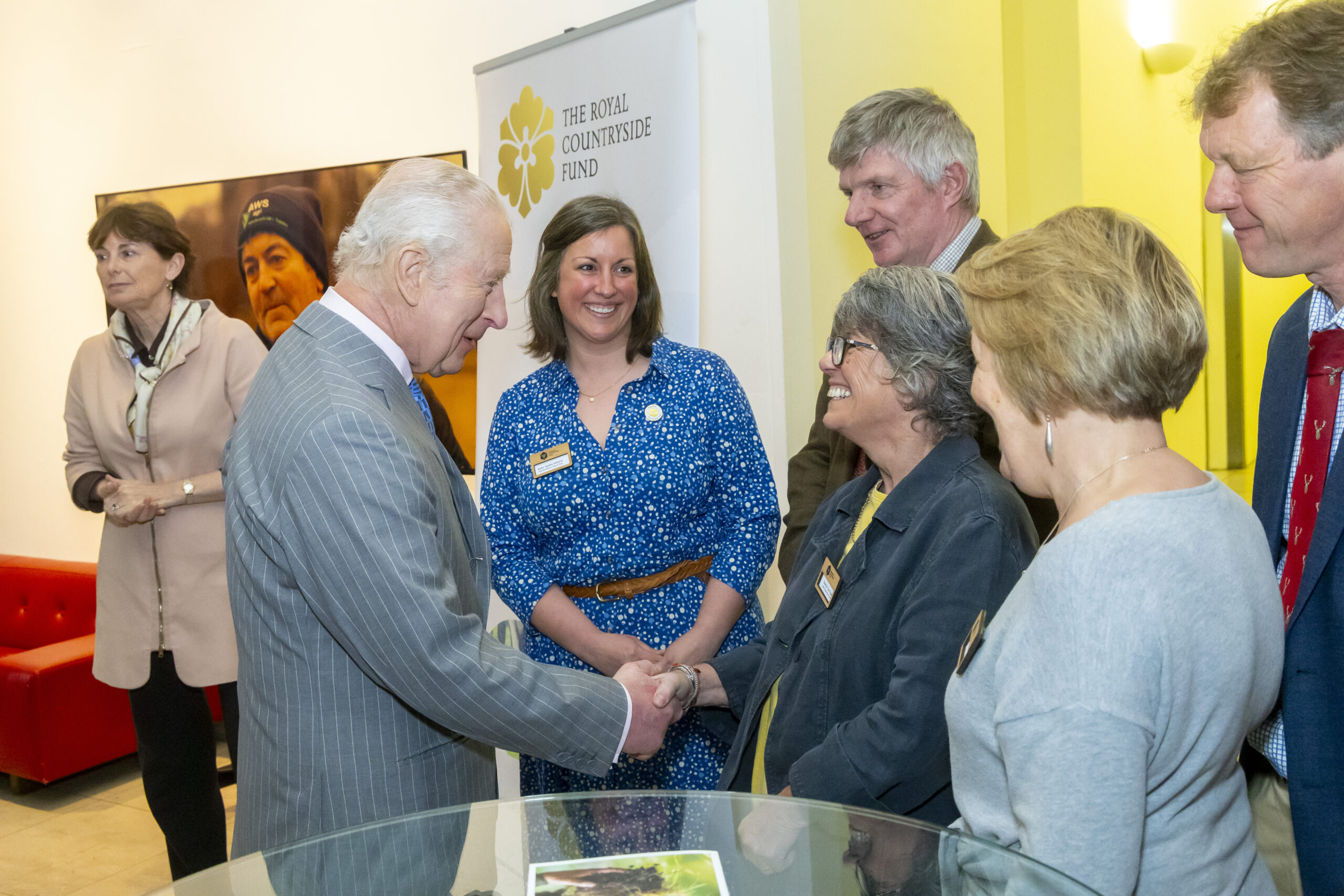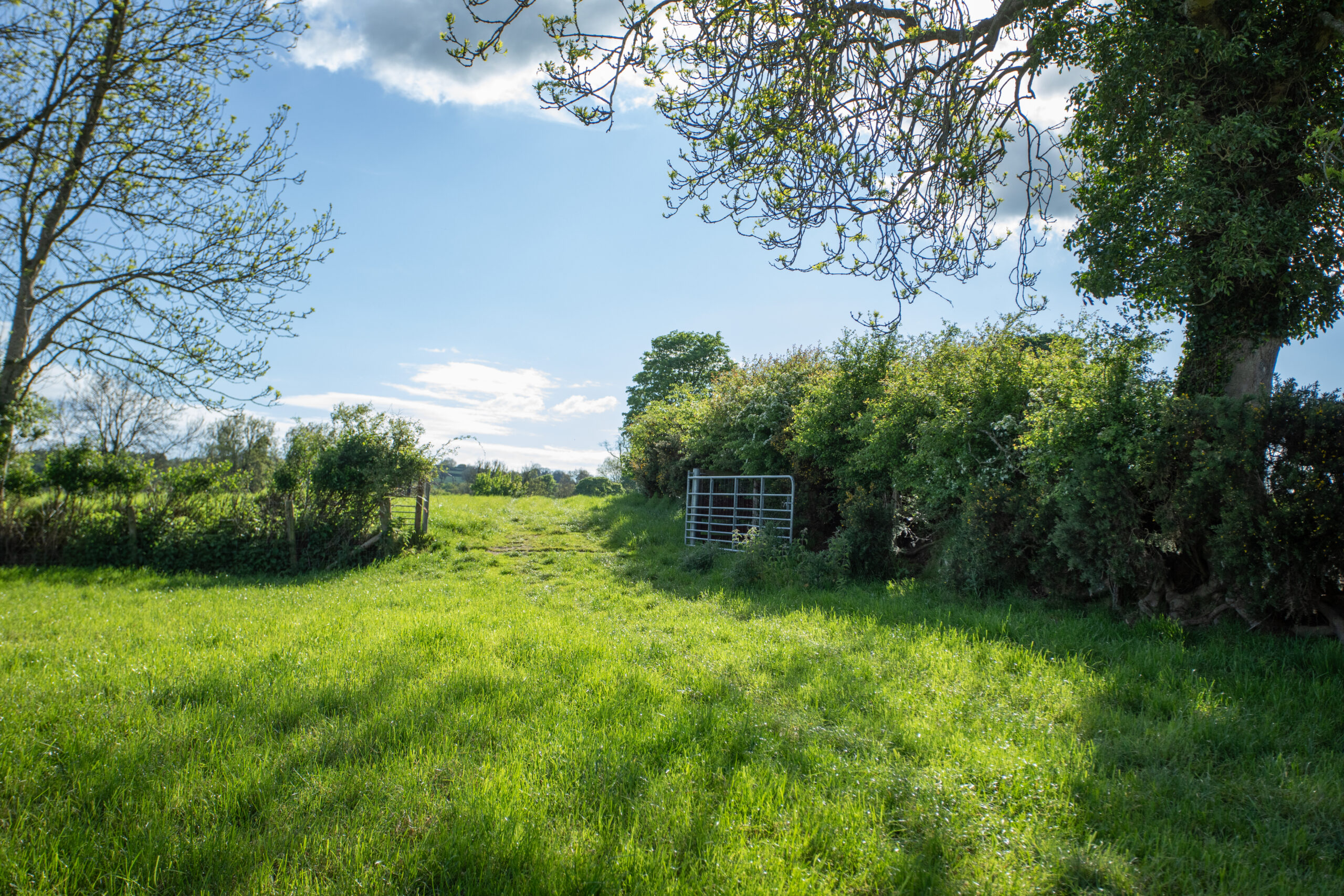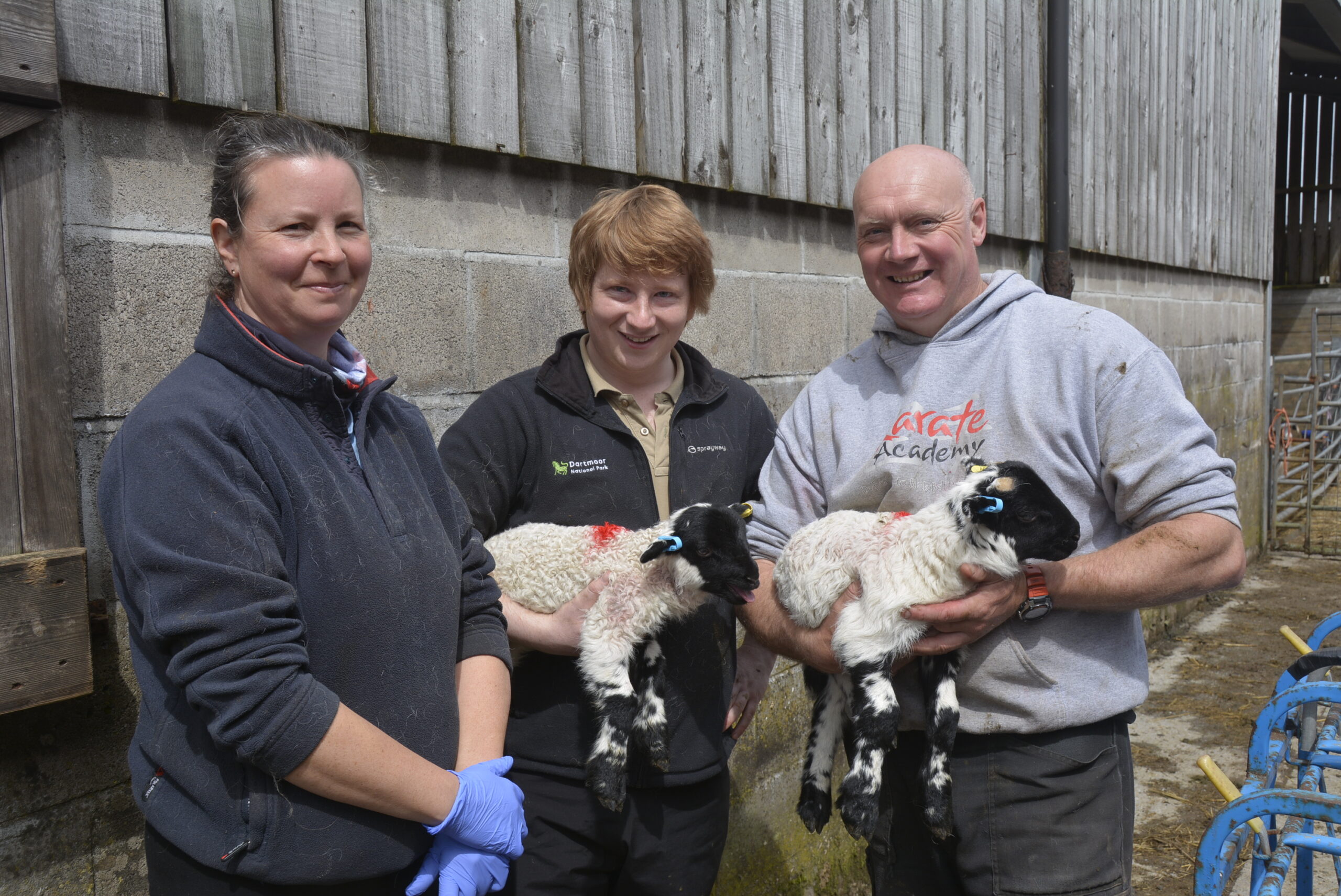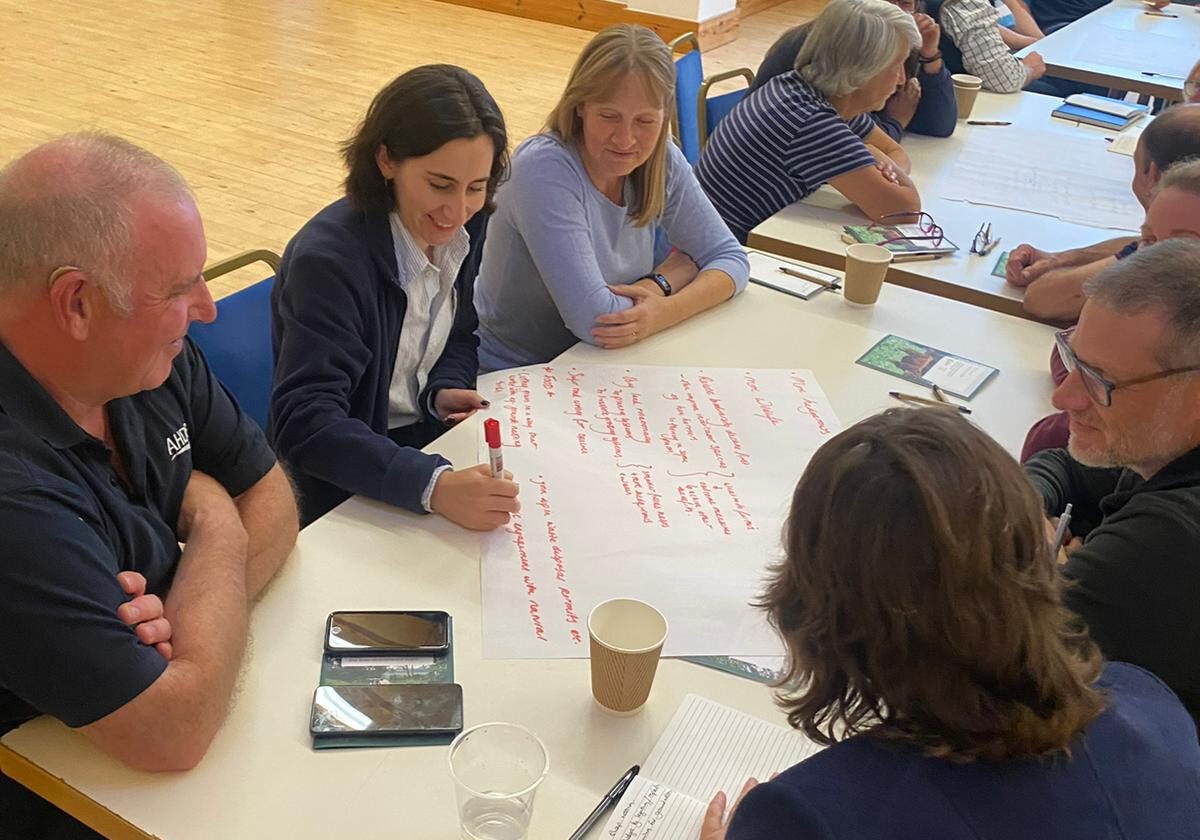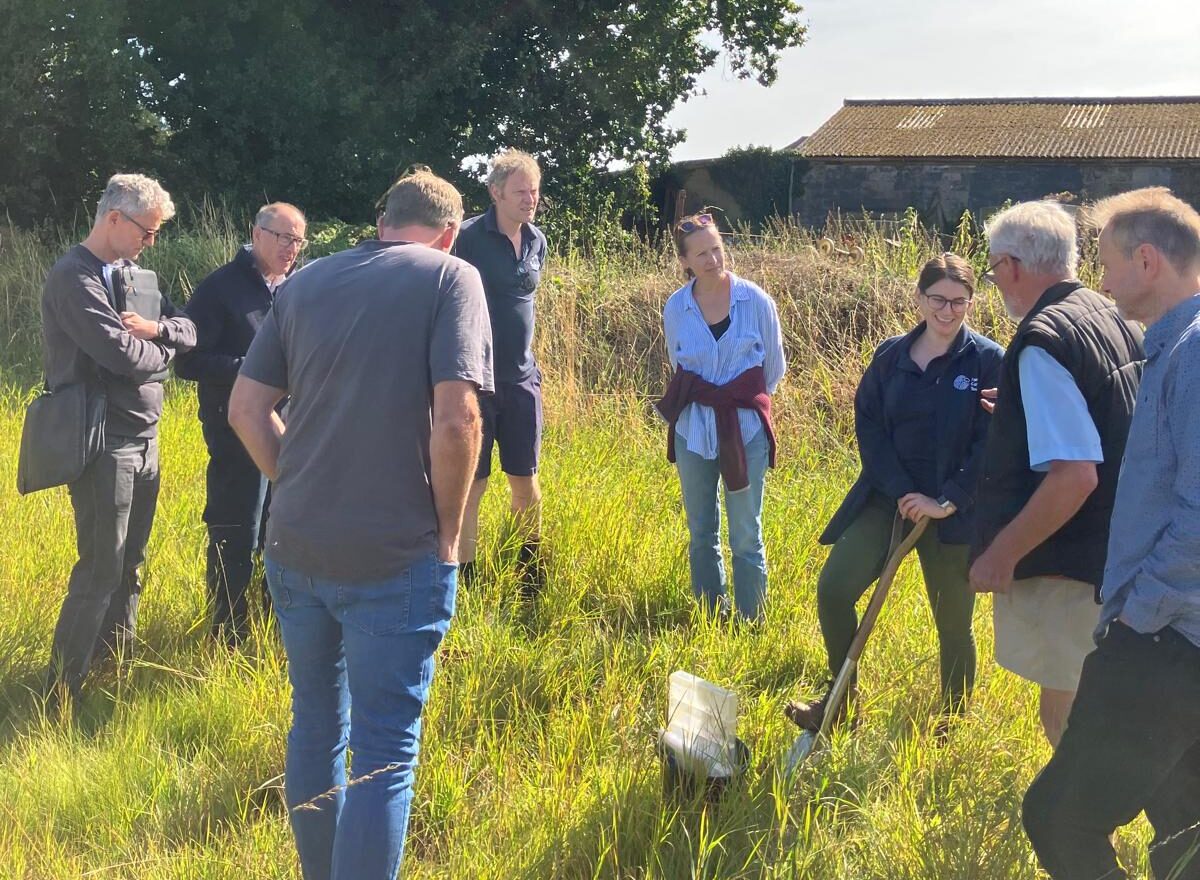Barbour helps raise money with rewaxing at the Northumberland County Show
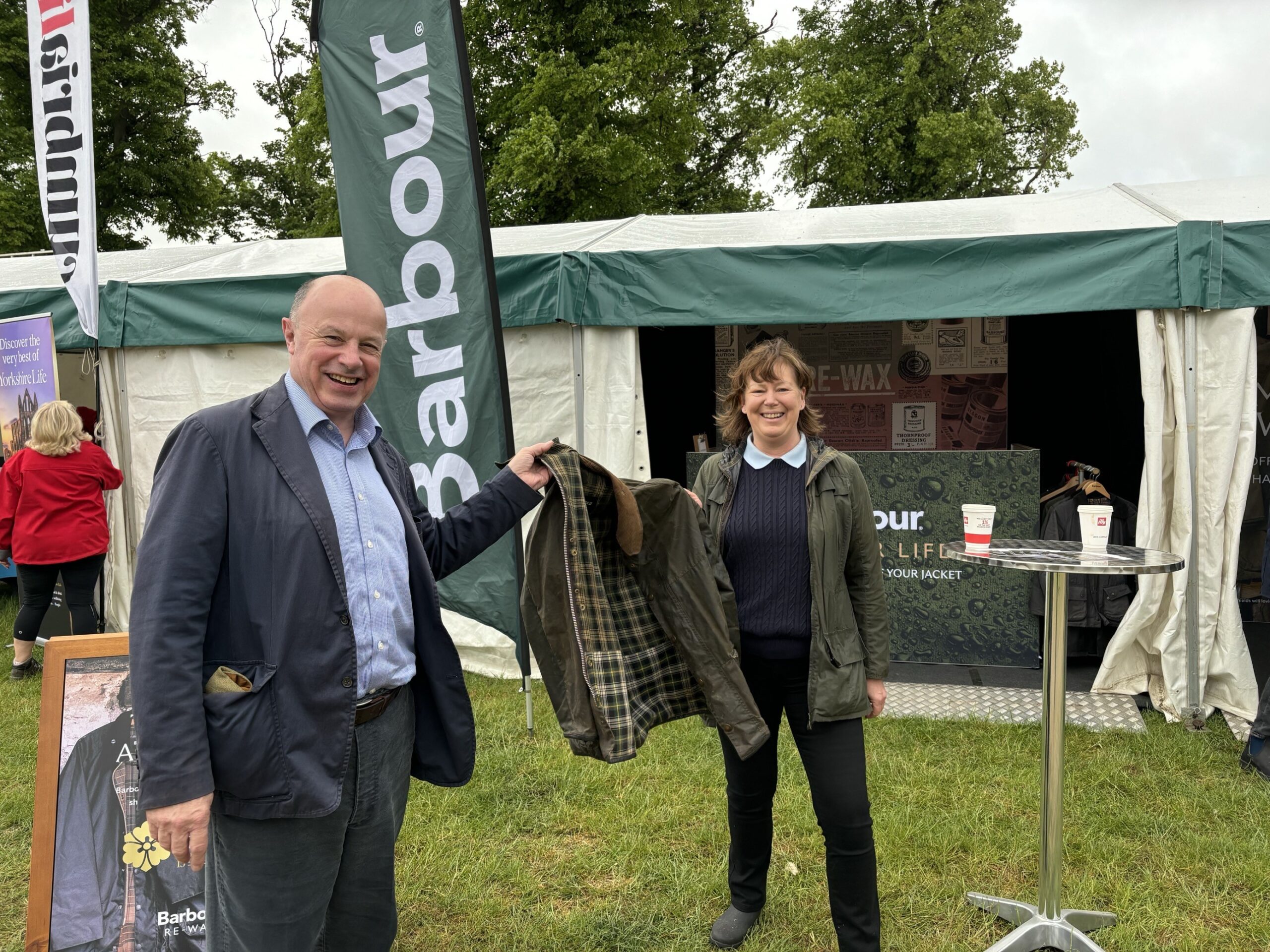
Once again, the RCF team were warmly welcomed by the charity’s longstanding partner, Barbour. The team from Barbour ran a popular jacket re-waxing stand, raising close to £600 in donations for the RCF.
Sue Newton, Senior Global Corporate Communications Manager from Barbour said: “We are delighted to be back at the Northumberland County Show and to continue our partnership with the RCF, a charity we have supported for over 10 years.”
Keith Halstead, Executive Director, The Royal Countryside Fund, said: “We are very happy to partner with Barbour once again in this popular re-waxing initiative at the Northumberland County Show. Our longstanding partnership with Barbour enables us to continue to support rural communities in Northumberland and across the UK, who are facing enormous social, environmental and economic pressures.
“It’s very fitting that the proceeds from this sustainable re-waxing service will go towards protecting and caring for our countryside – taking care of what is valuable. We are deeply grateful for Barbour’s continued support and commitment to rural life, which truly reflects the spirit of both our organisations.”
Find out more about how Barbour and the RCF have supported Northumberland farmers, here.
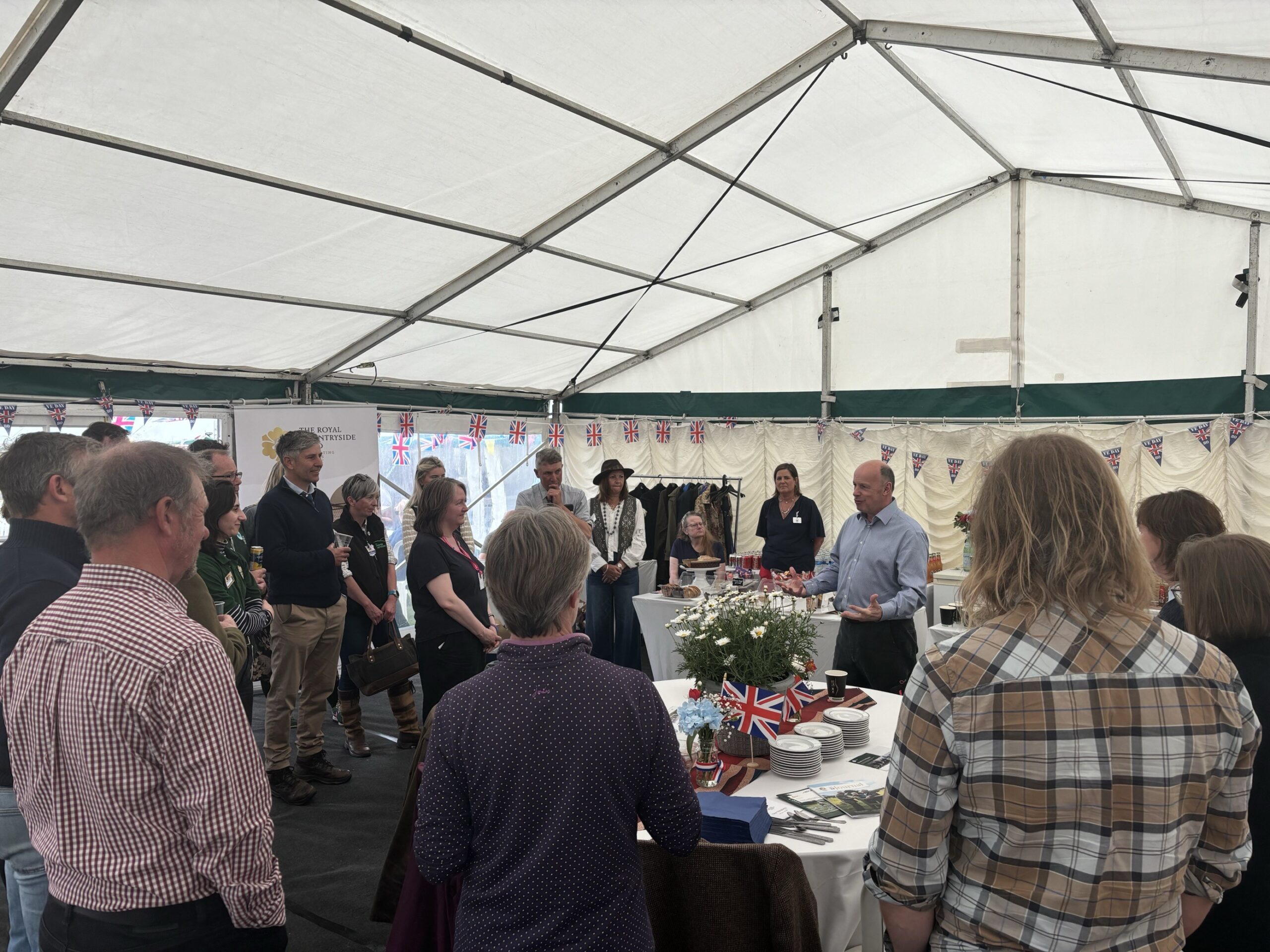
Later in the day, the RCF held a well-attended afternoon tea event, for local supporters and beneficiaries, bringing together the charity’s corporate partners and funders with Northumberland farmers and community organisers.
The event provided an opportunity for local organisations to meet and network, and hear more about the charity’s plans in Northumberland.
Find out more about the RCF’s support of Northumberland’s rural communities here.
